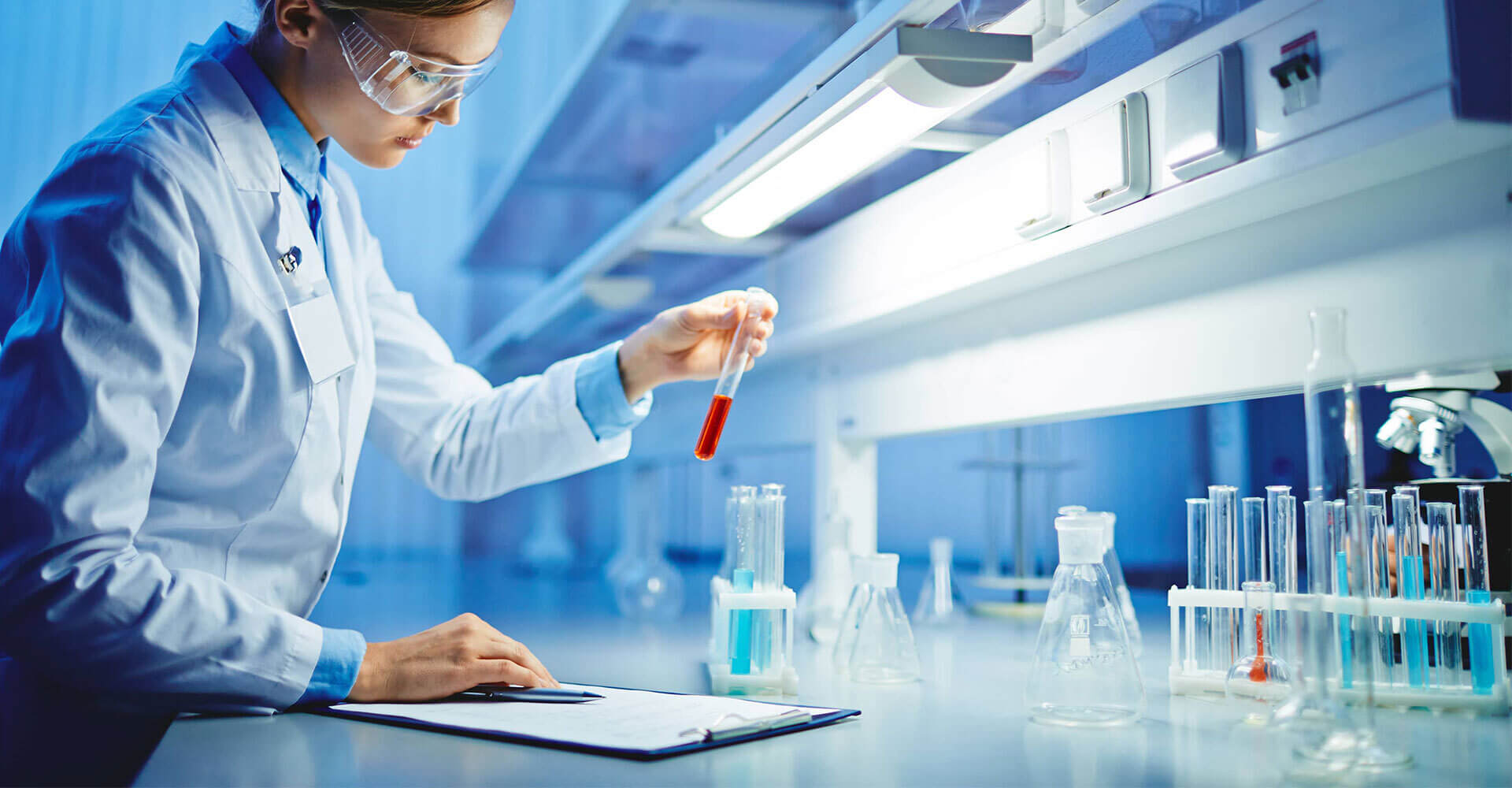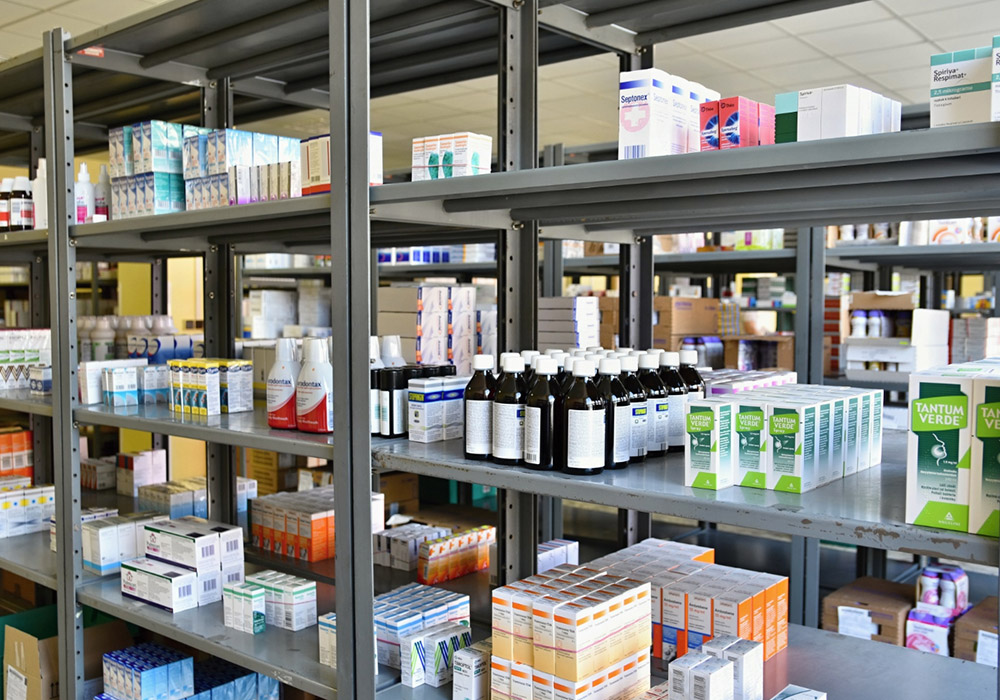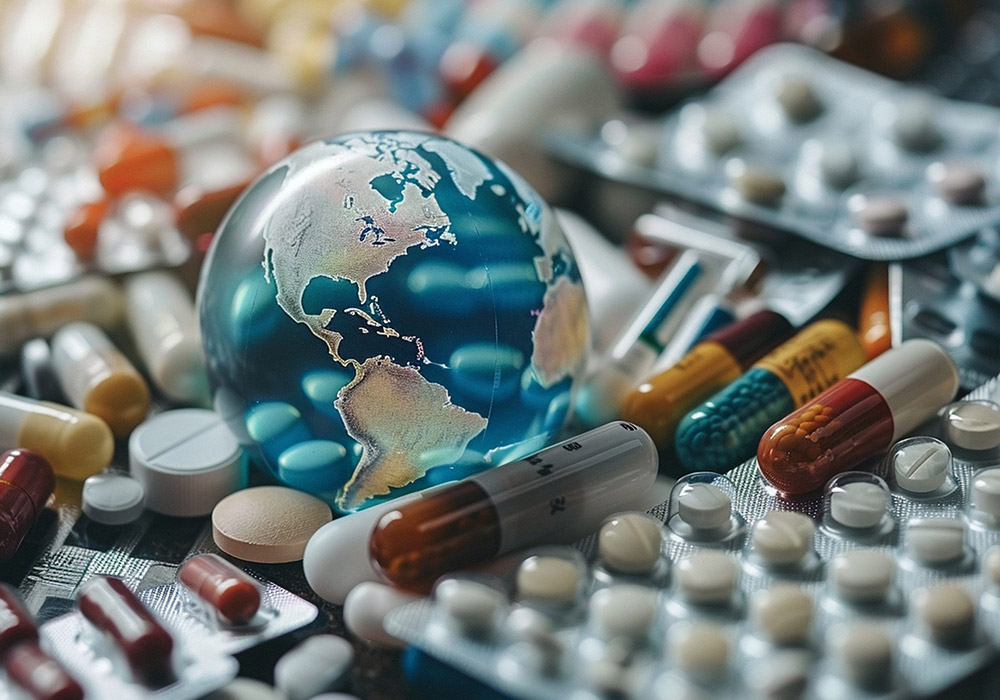Advancements in Novel Biologic Drug Development
Recent breakthroughs in the development of new biologic drugs offer a promising outlook for treating numerous complex and dangerous diseases. This category of drugs, which includes proteins, antibodies, and other large biological molecules, plays a vital role in managing autoimmune disorders and certain types of cancers. In recent years, pharmaceutical and biotechnology companies have increasingly invested heavily in this field, as the positive outcomes of research and the efficacy of these treatments have attracted significant attention from the medical community and patients alike.
One of the main reasons for focusing on biological drugs is their ability to target specific molecular mechanisms of diseases. Unlike traditional chemical drugs that often work via broad mechanisms, biological drugs are specifically designed to inhibit harmful cells or proteins in the body. This precise targeting can lead to reduced side effects and increased treatment efficacy, resulting in remarkable improvements for chronic patients, especially those suffering from autoimmune diseases such as rheumatoid arthritis and Crohn’s disease.
Moreover, biological drugs continue to lead the field in cancer treatment. Immunotherapy, a key branch of this domain, harnesses the body’s immune system to combat cancer cells. Novel methods such as immune checkpoint inhibitors and CAR-T cell therapies have not only increased the hope for recovery in many patients but have also revolutionized the approach to malignant diseases. In numerous cases, these therapies are offered as options for patients who do not respond to conventional treatments.
Investment in biological technologies has created exceptional opportunities not only for large pharmaceutical companies but also for innovative startups. This innovative environment has encouraged many companies to pursue new drug formulations while simultaneously focusing on sustainable and cost-effective production methods. Additionally, international collaborations among companies, universities, and research institutions have accelerated the discovery and development of new drugs, facilitating knowledge and experience sharing.
Globally, the development of biological drugs is advancing rapidly, especially in developed countries; however, developing nations have also joined this trend. With increasing demand for novel drugs and the availability of appropriate production infrastructure, numerous opportunities have emerged to export these drugs to global markets. Iran, with its innovative companies active in this sector, can increase its share in this growing market and play an important role in improving international health.
Challenges related to the production and distribution of biological drugs remain. One of the most significant challenges is the high cost and complexity of developing and manufacturing these drugs. Establishing fully controlled production environments to ensure product quality and efficacy requires substantial investment and strict international standards. Nevertheless, technological advances and improved manufacturing methods are helping to reduce costs and enhance accessibility to these advanced therapies.
Ultimately, given the potential impact of these drugs on public health, international cooperation and supportive government policies can play a crucial role in accelerating their development. Progress in this area not only aids in treating serious diseases but can also serve as a bridge to improve the efficiency and quality of healthcare services, which will be valuable for the global community.

































